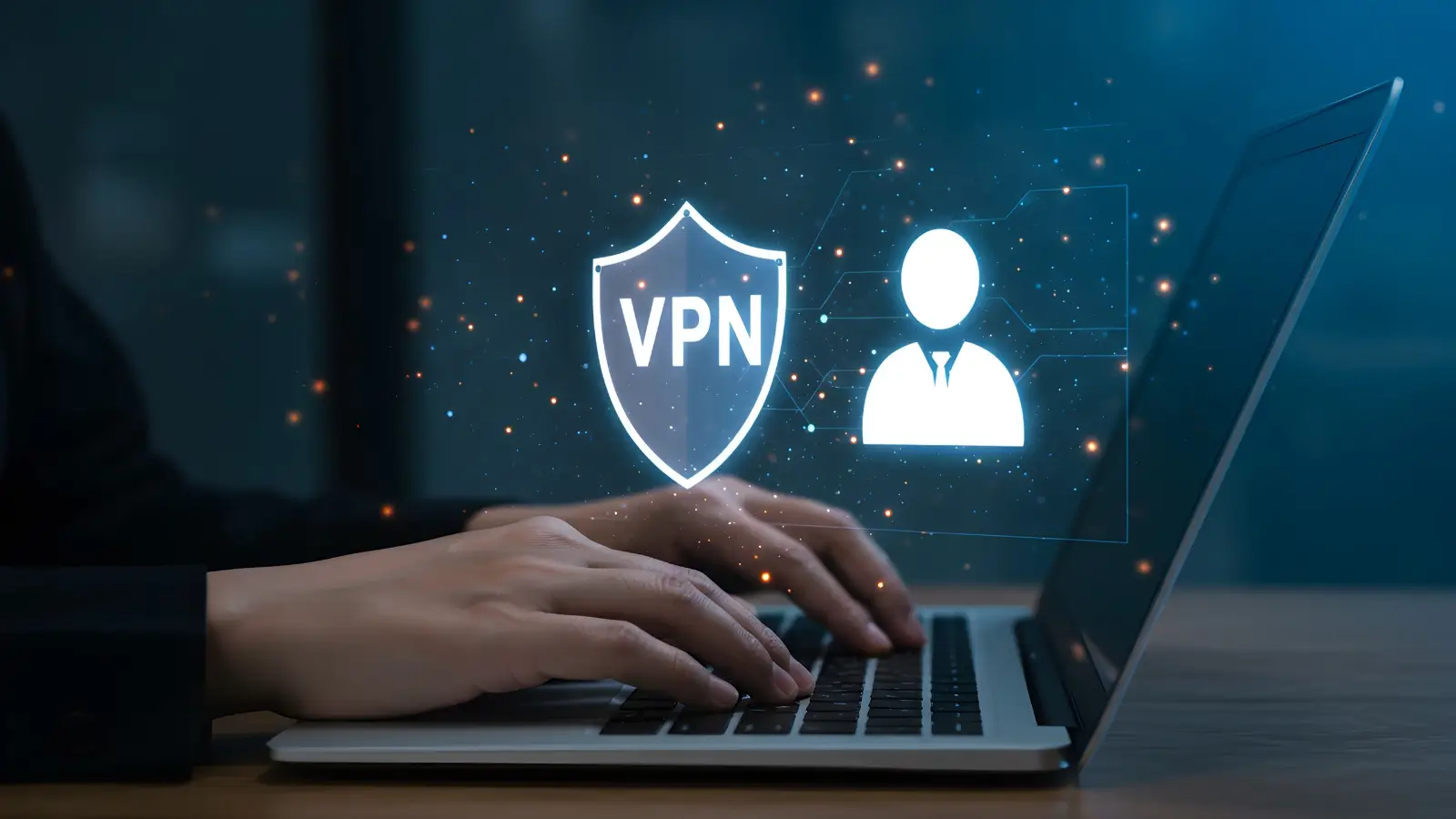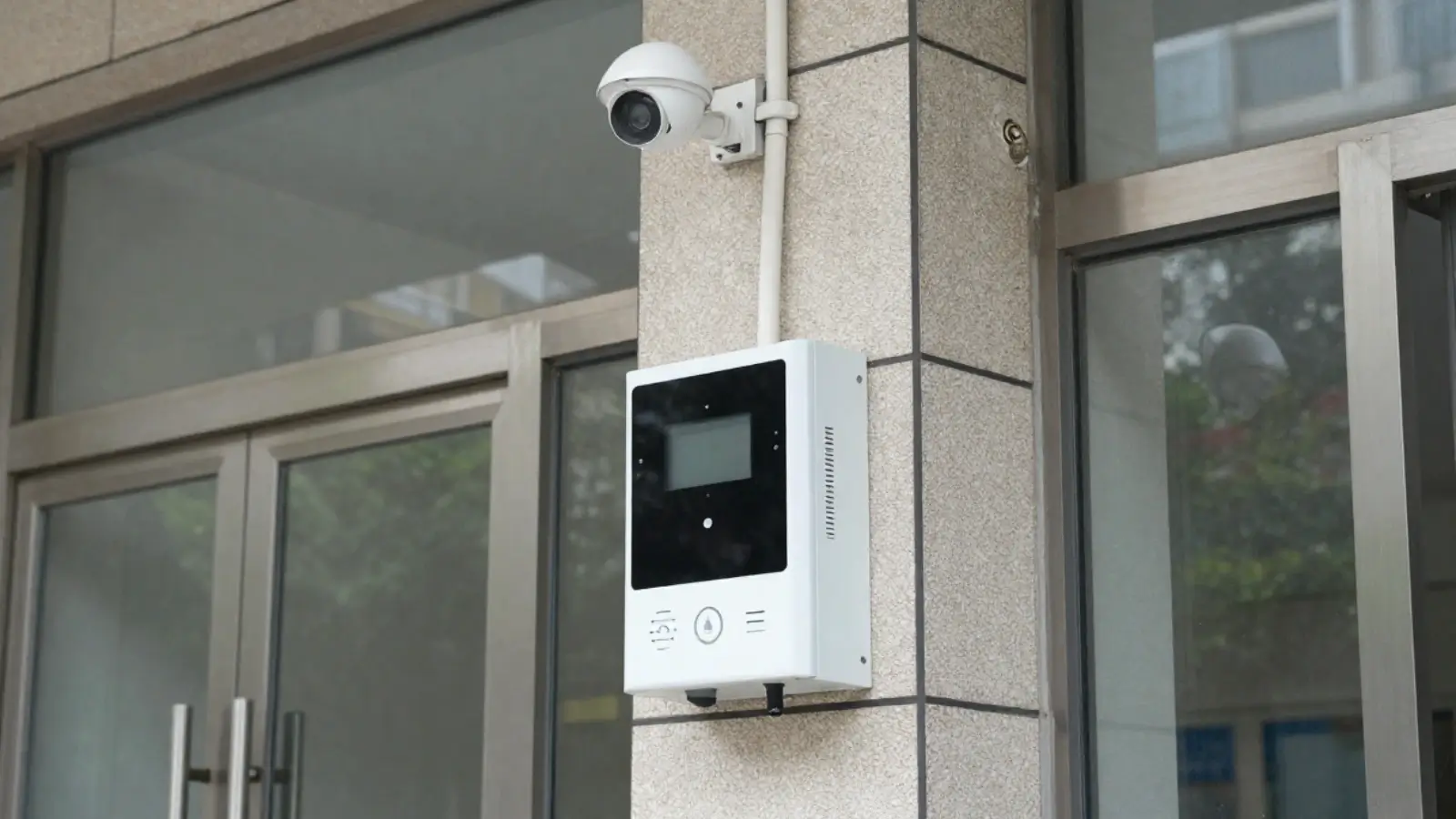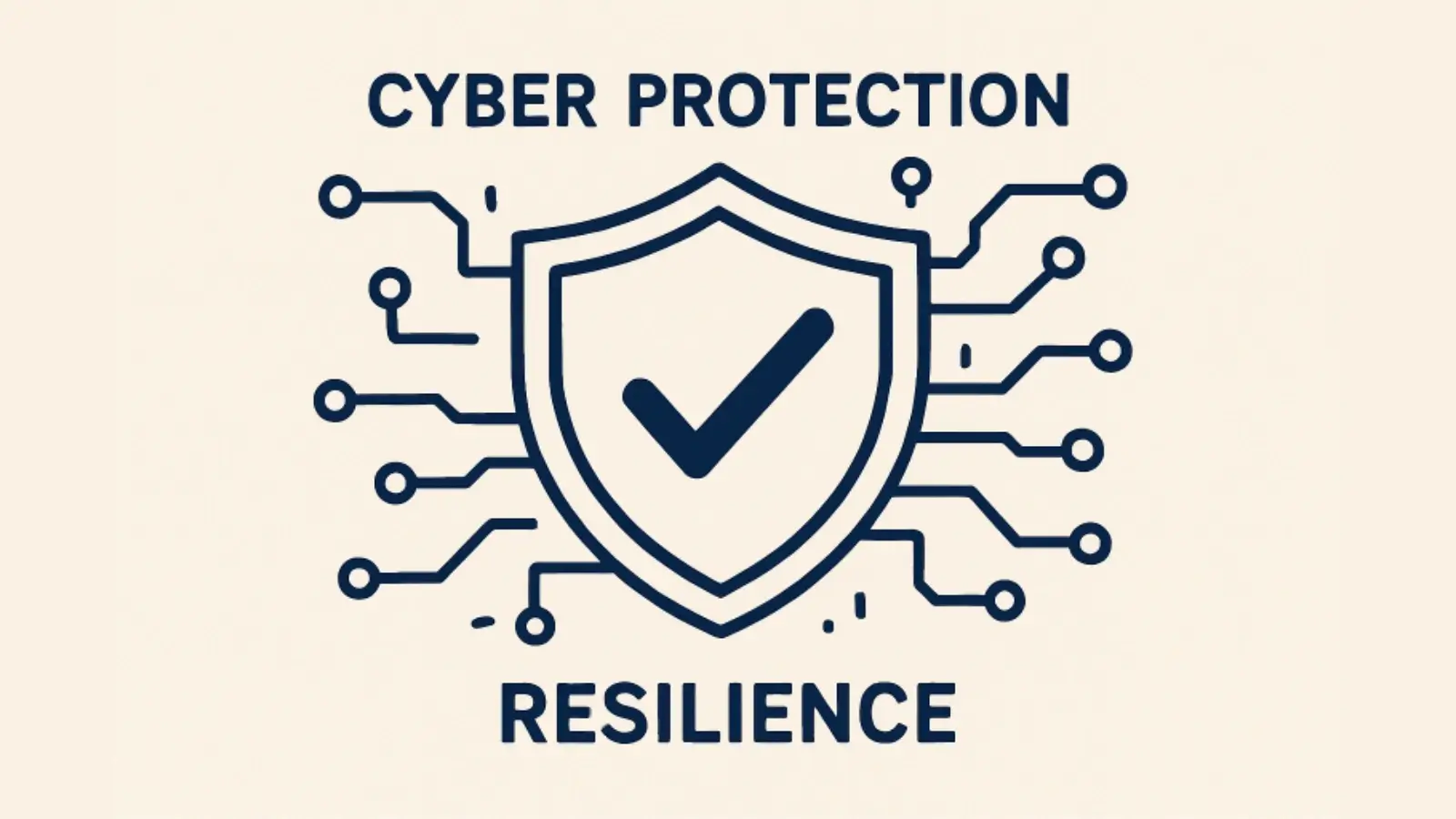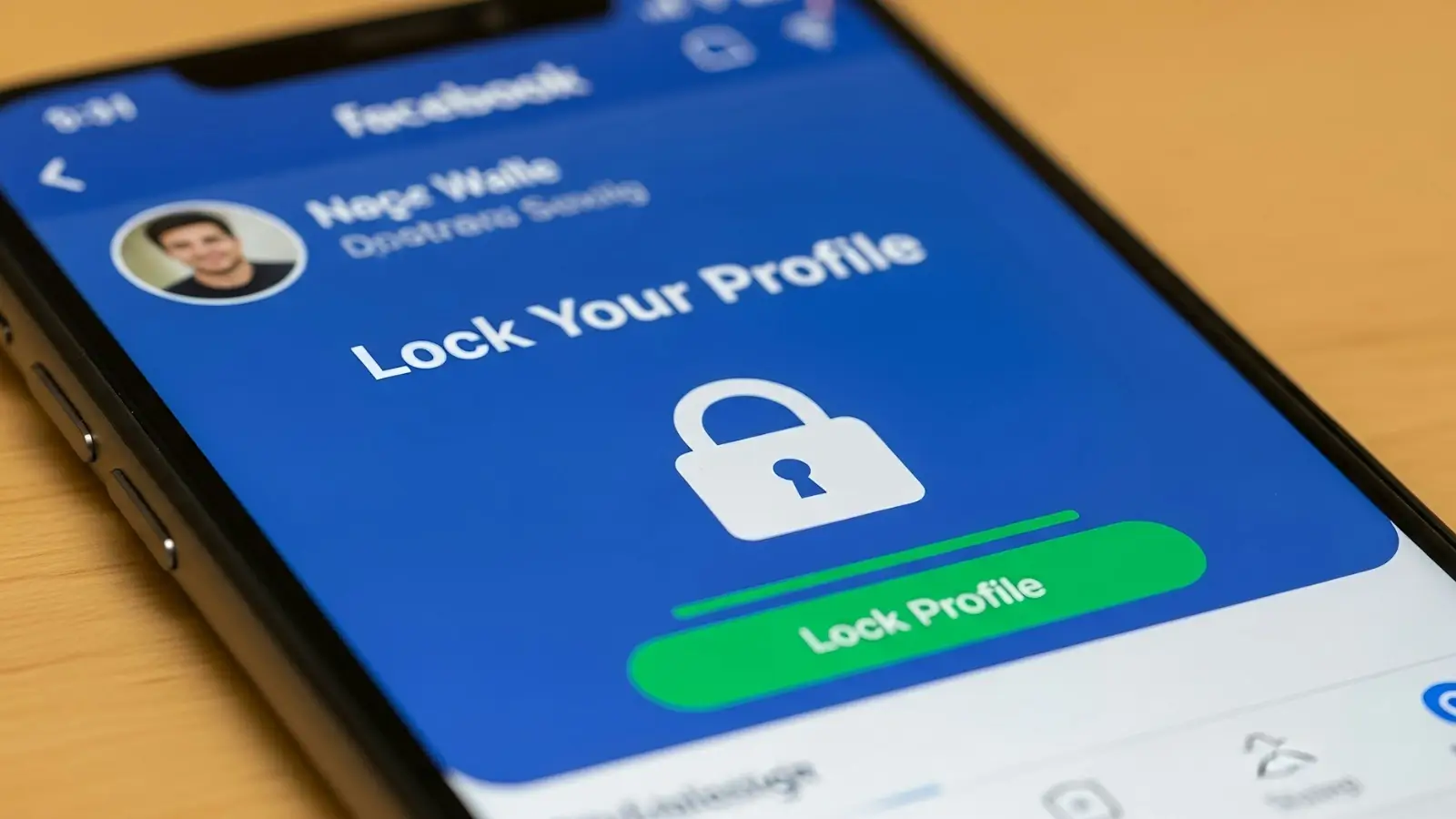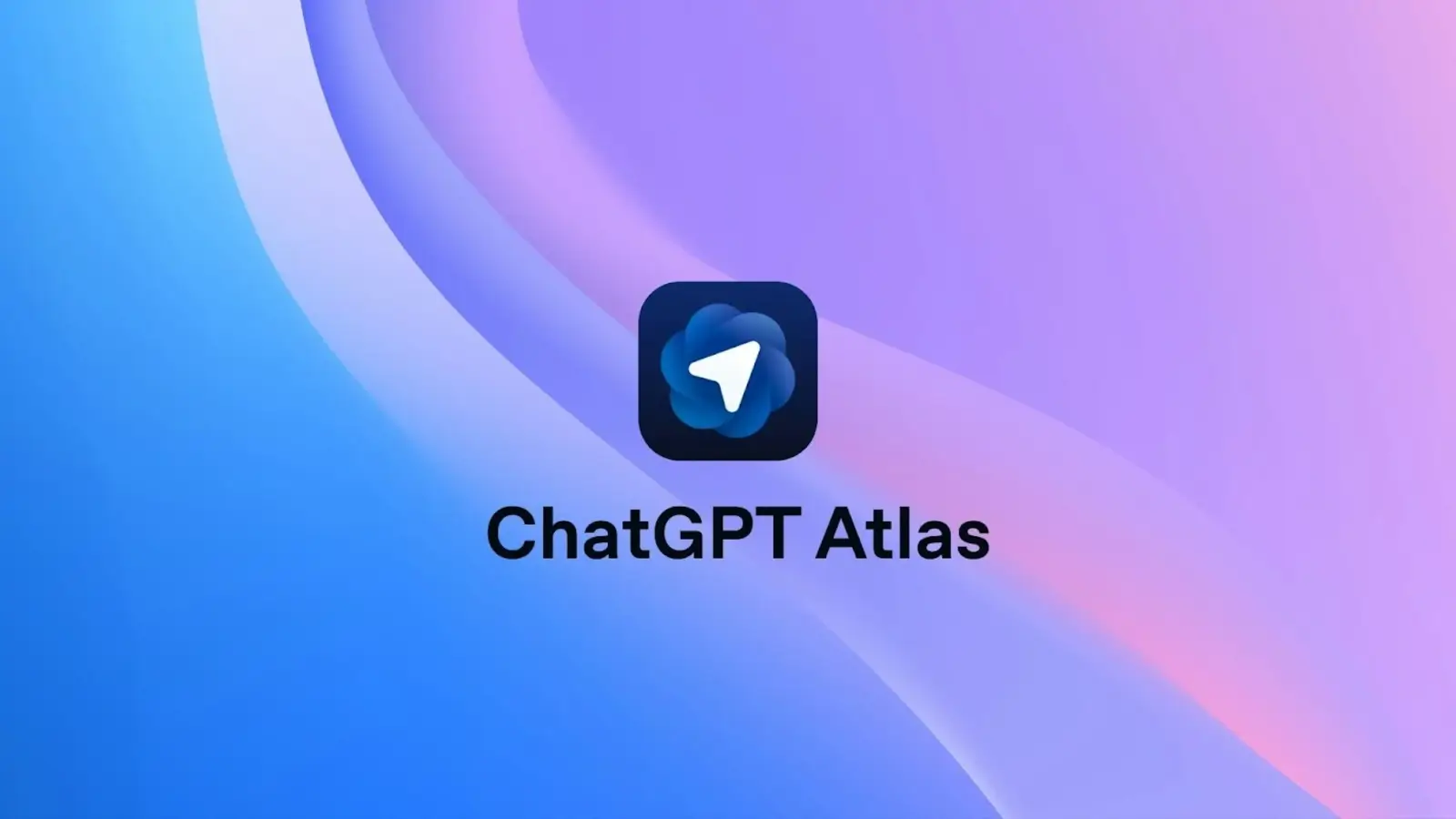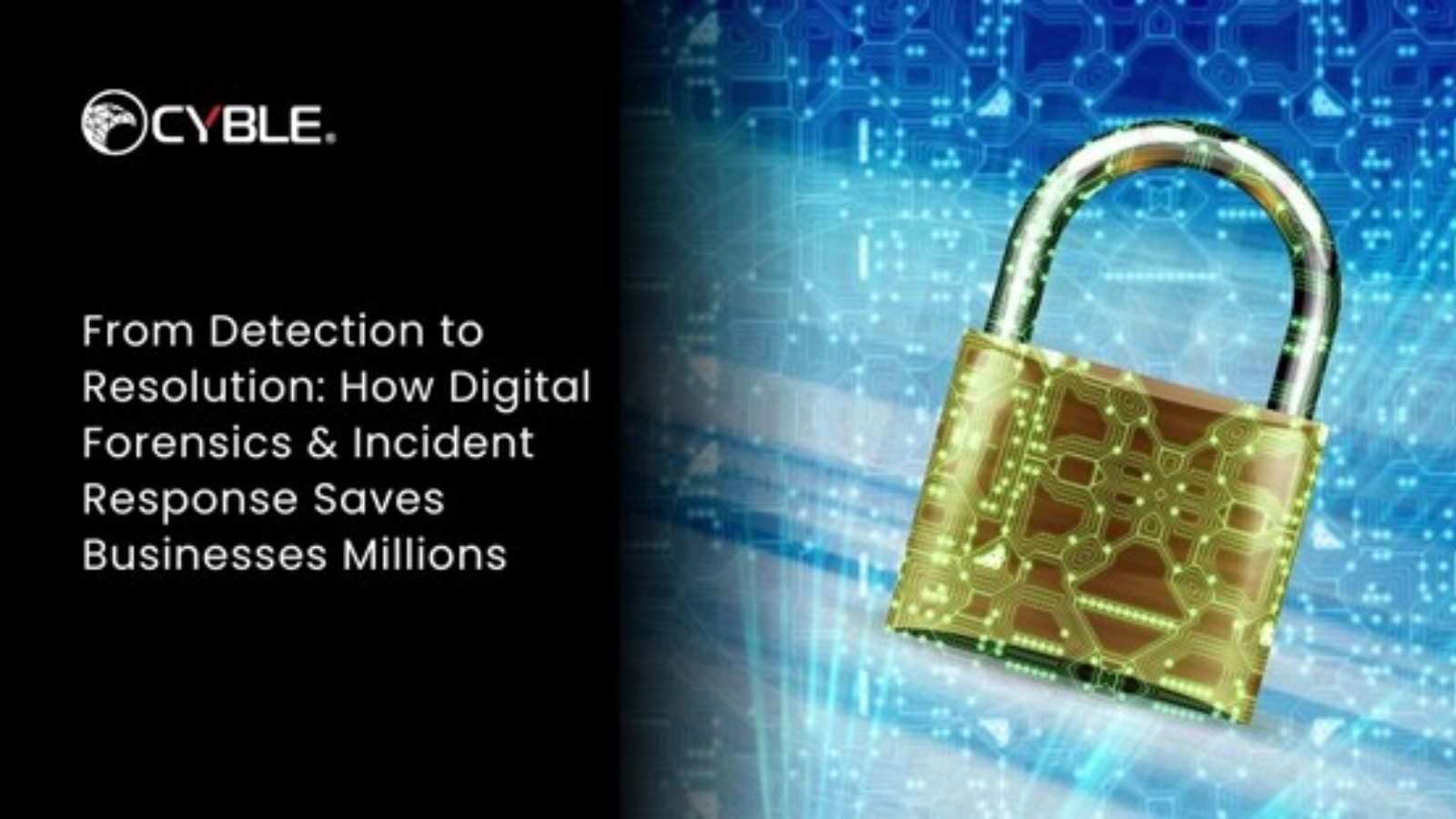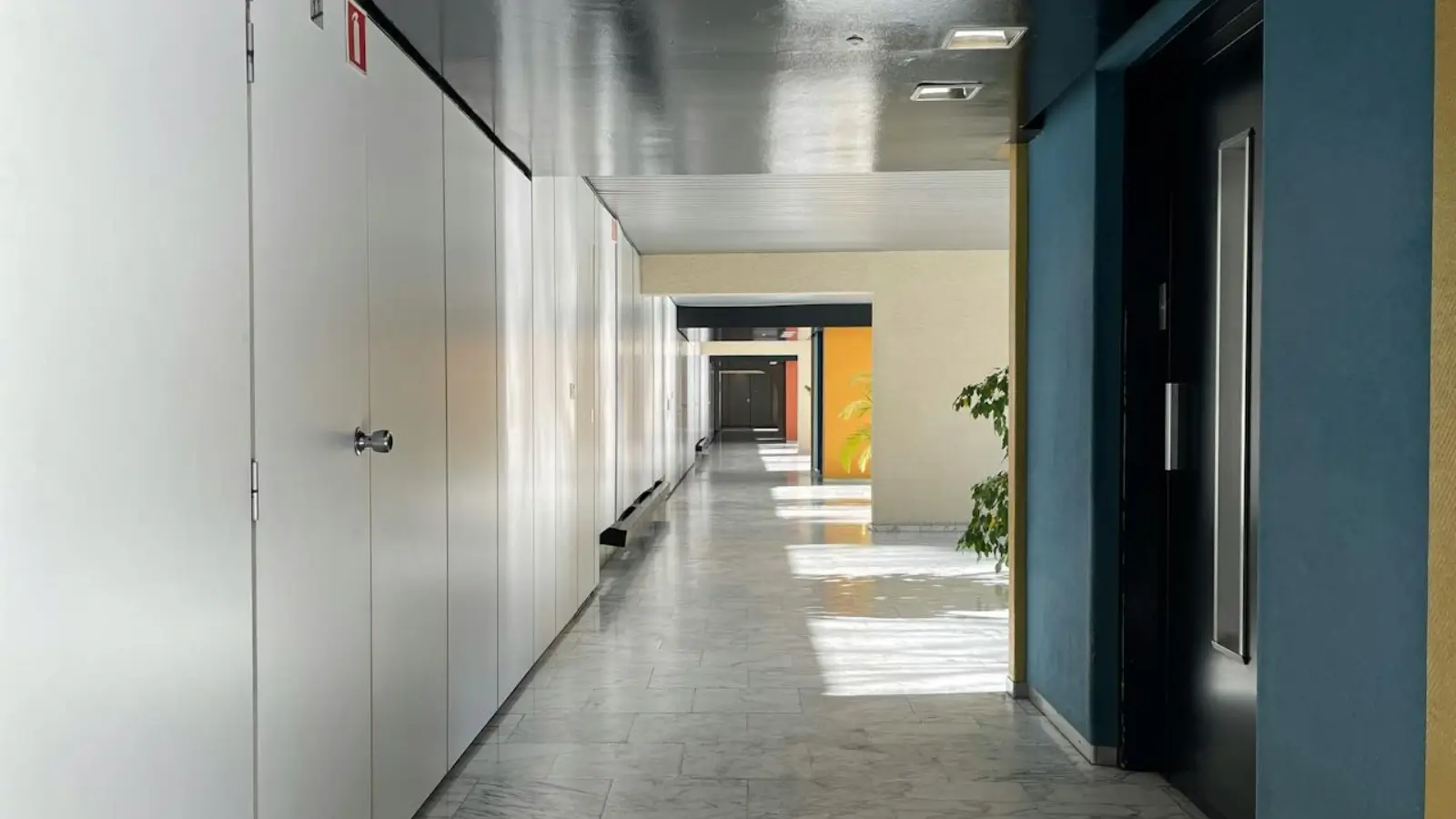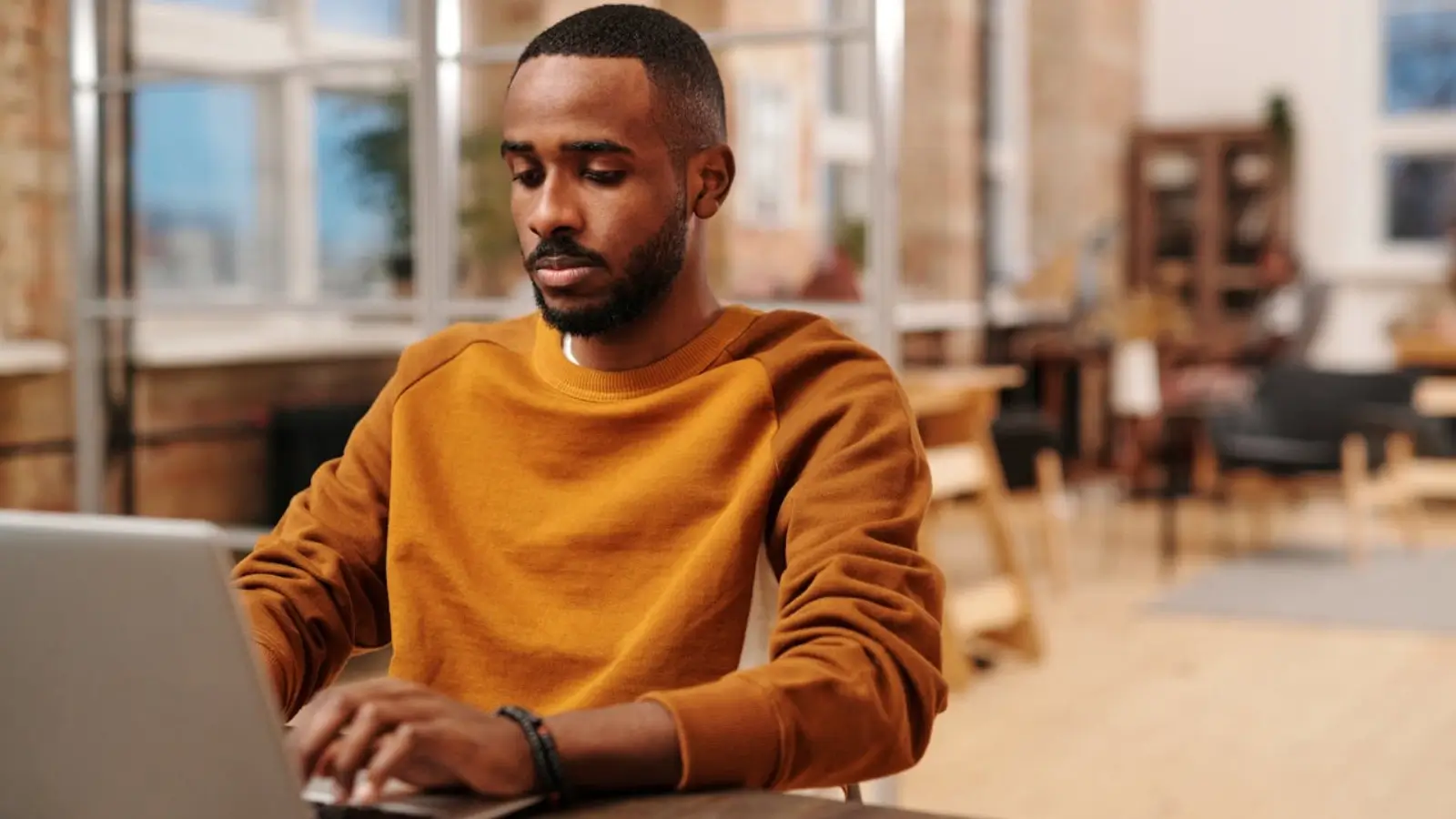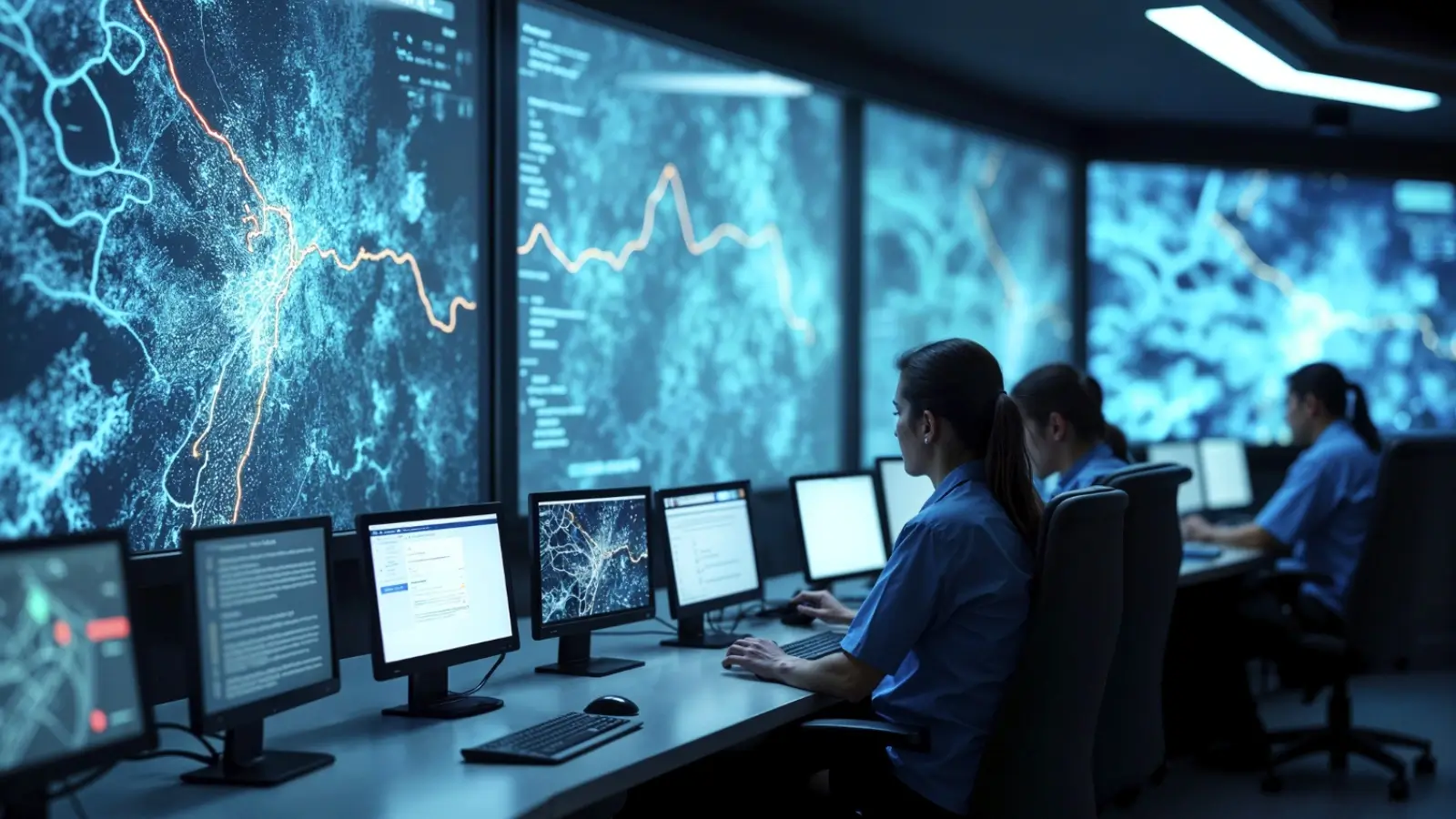As concerns about data breaches and online monitoring increase, more users are switching to VPNs to be safe. But what does a VPN do, and how does it ensure your data is secure? Knowing the VPN Meaning is the first step to understanding how these tools shield your online traffic from prying eyes. Whether shopping online or working from home, VPNs provide essential protection in a digital-first world.
Breaking Down How VPNs Protect Your Data
A Virtual Private Network does this by encrypting your use of the internet and routing it through a server somewhere else, maybe a different city or even a different country. This sneaky tactic hides your IP address and your real location, making it much harder for sites, hackers, or even your internet provider to track what you're doing on the web. You can imagine it like a personal, safe tunnel keeping your data protected while surfing the web.
It's crucial, especially on public Wi-Fi networks in coffee shops or airports. That's because your data is extra exposed there. If you're not protected, it's surprisingly easy for hackers to snoop on your connection and grab your private info. A VPN fixes this problem by scrambling all your online activity, so only you and the VPN server can understand what you're doing.
Online Privacy Made Simple
Want to keep your digital identity safe? Using a VPN service is one of the simplest ways to do it; it stops advertisers from following you around the web and gathering info about your habits. Plus, it prevents your internet provider from keeping tabs on what you're doing online or slowing down your connection based on the sites you visit.
VPNs are also worth using to circumvent censorship and view blocked content. If you're abroad or live in a nation with internet restrictions, a VPN will grant access to sites and services that otherwise would be inaccessible. Such a measure of freedom to surf securely and anonymously makes VPNs so powerful.
VPN Features That Make Life Easier
Though privacy is the major reason why most people use VPNs, the benefits are much more extensive than that. With VPNs, you could save money by seeing region-based prices on flights, hotels, or subscription services. VPNs also enable remote employees to connect to company networks securely, making company data secure.
Gamers and streamers love VPNs too, especially for getting around those pesky geo-blocks and boosting their connection speeds. If a game server isn't available where you are, a VPN can reroute your connection so you can jump right in. These practical perks mean VPNs are useful for more than just keeping your online activity private—they make a real difference for everyday and more specific online tasks.
Choosing the Right VPN for Your Needs
It's crucial to remember that not all VPNs are created the same in terms of safety and speed. Ensure you check for top-notch encryption, a promise not to keep records of your activity, and plenty of servers to connect to. How fast it is matters too—especially if you plan on streaming videos or making video calls—so it's a good idea to try a few different ones before settling on one. Luckily, many of the best VPN companies offer free trials or money-back guarantees, which may help you determine what is right.

